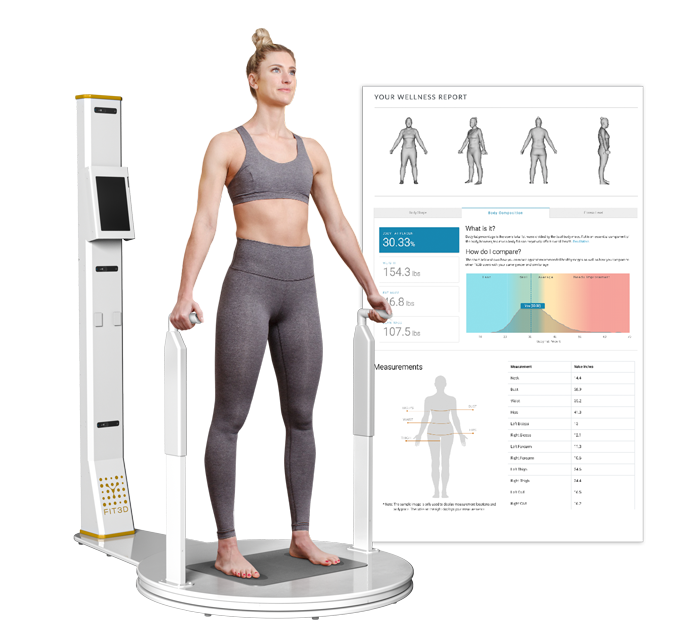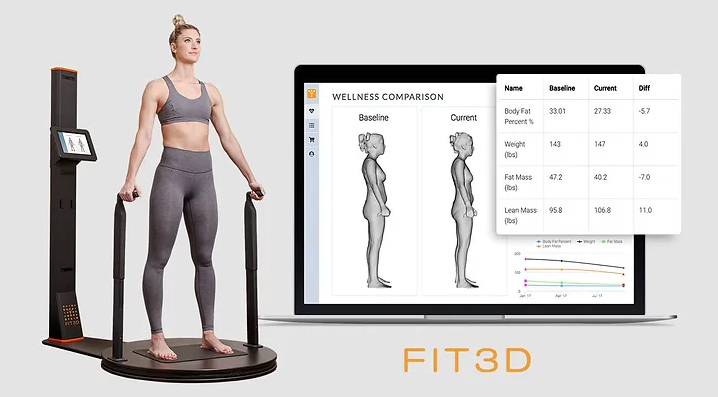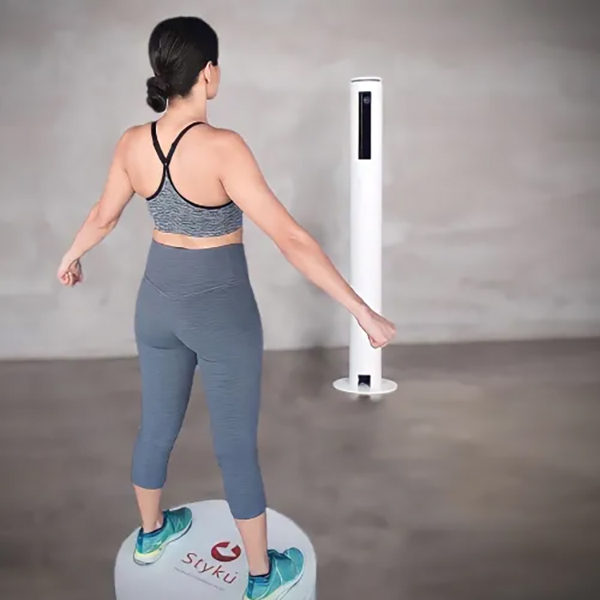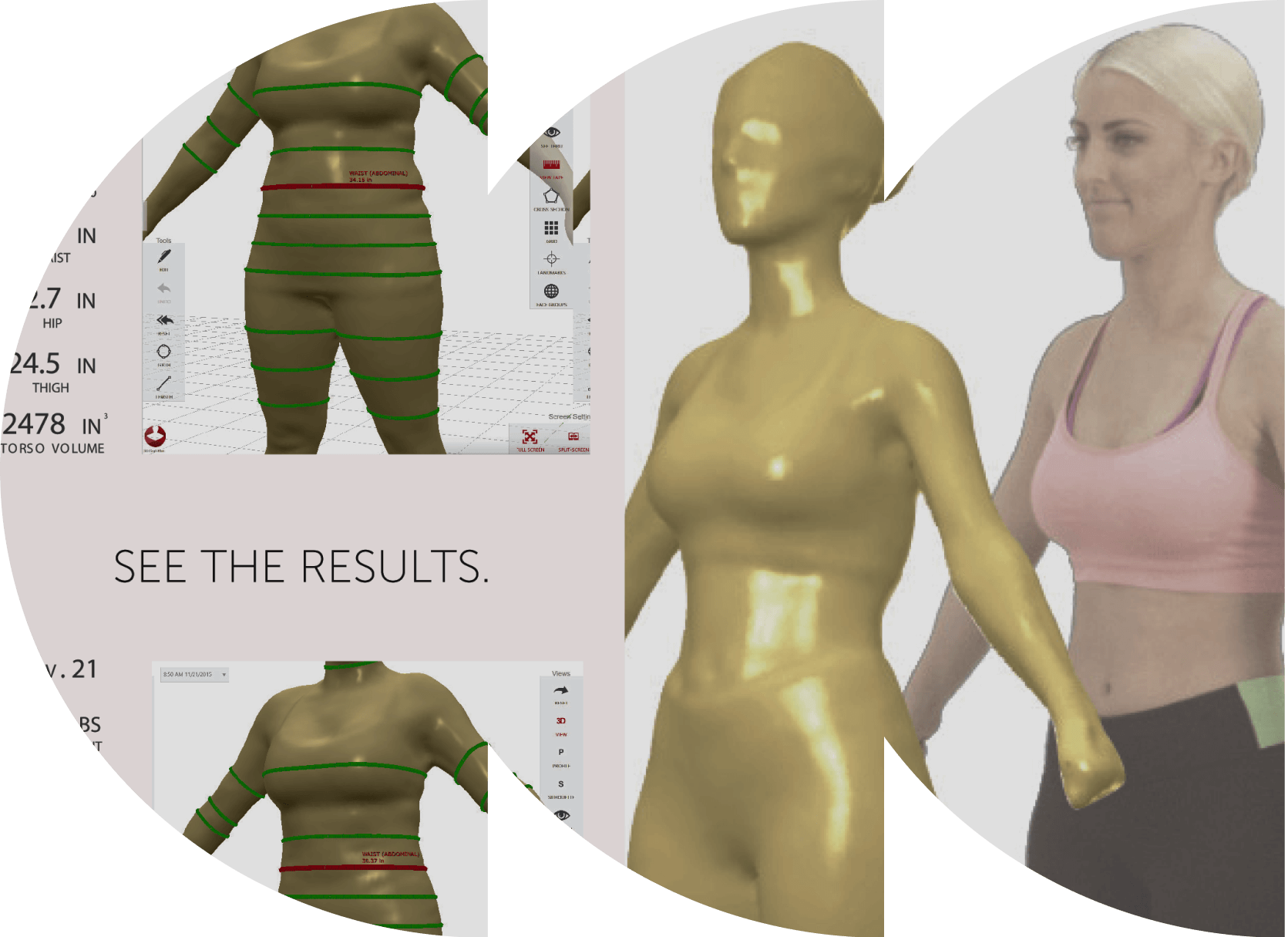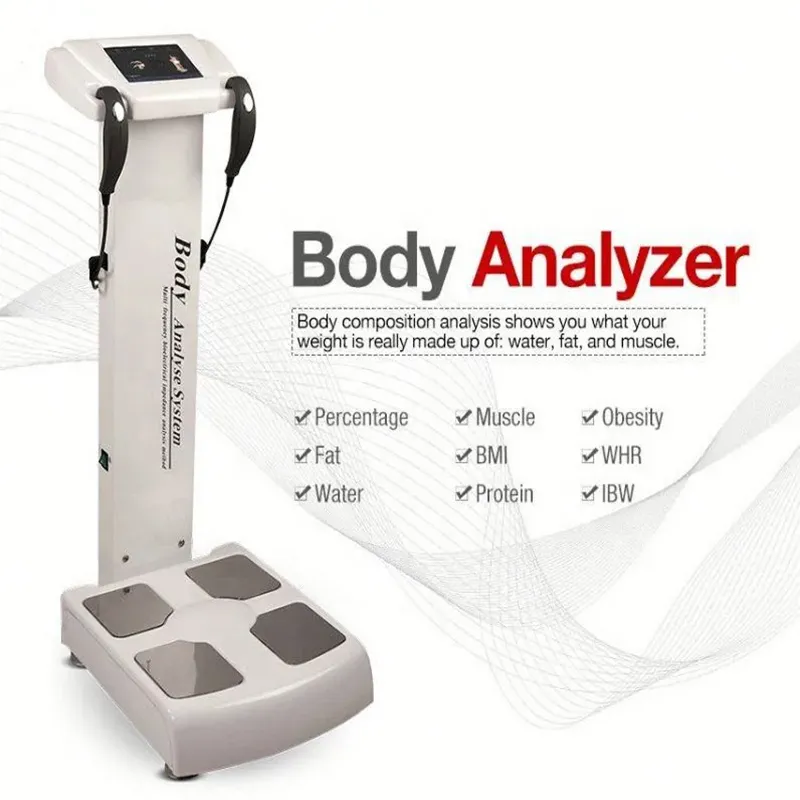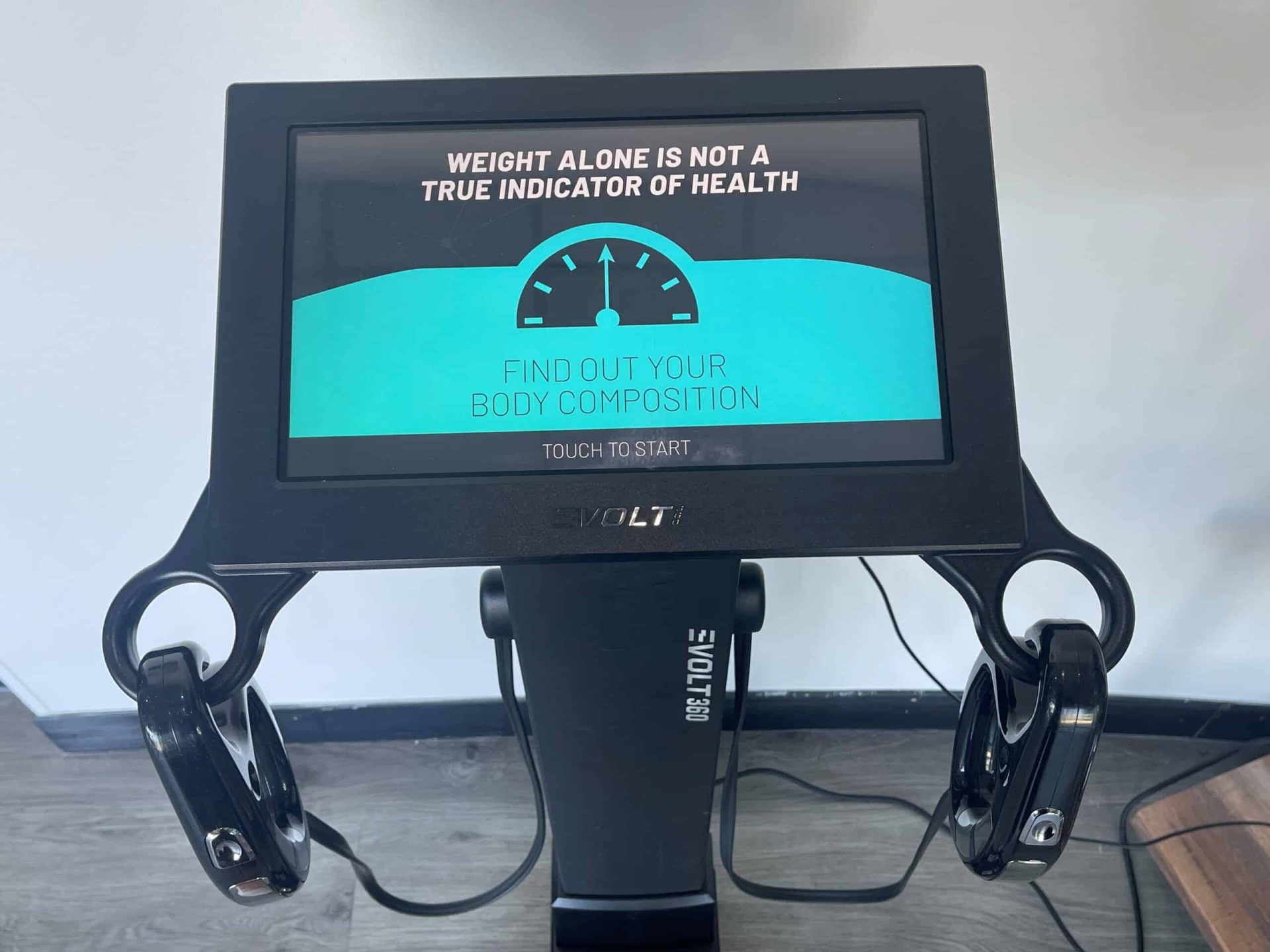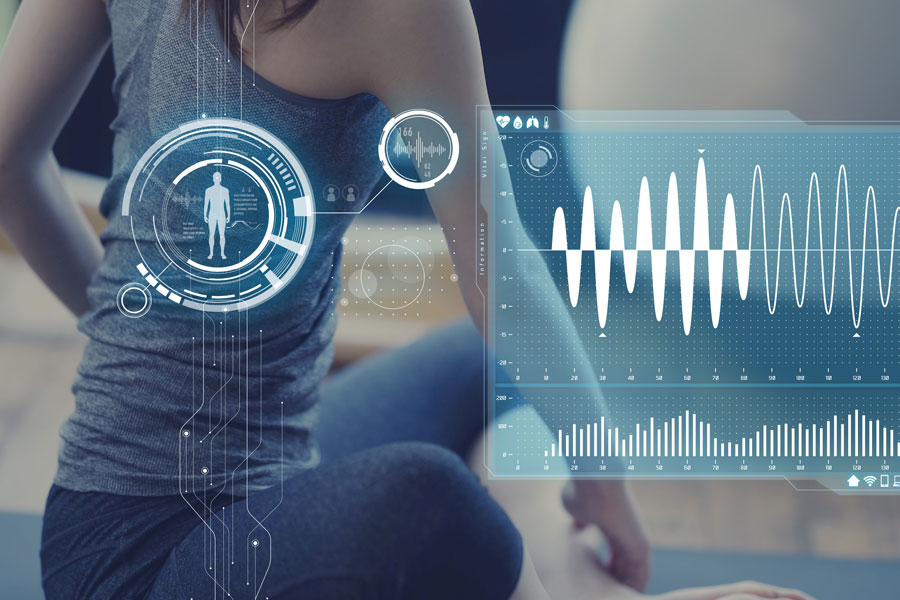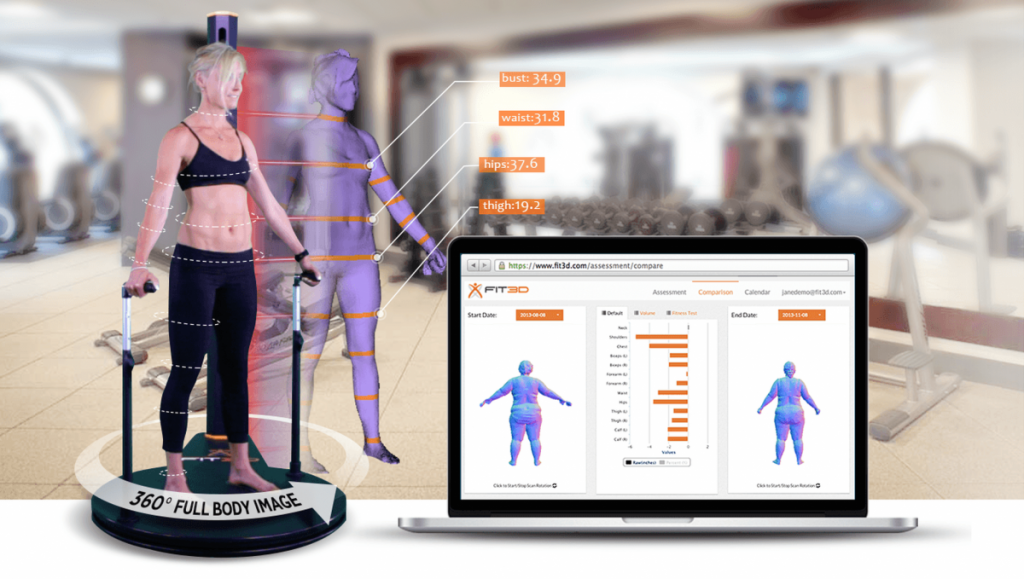Ai Body Scanner For Weight Loss
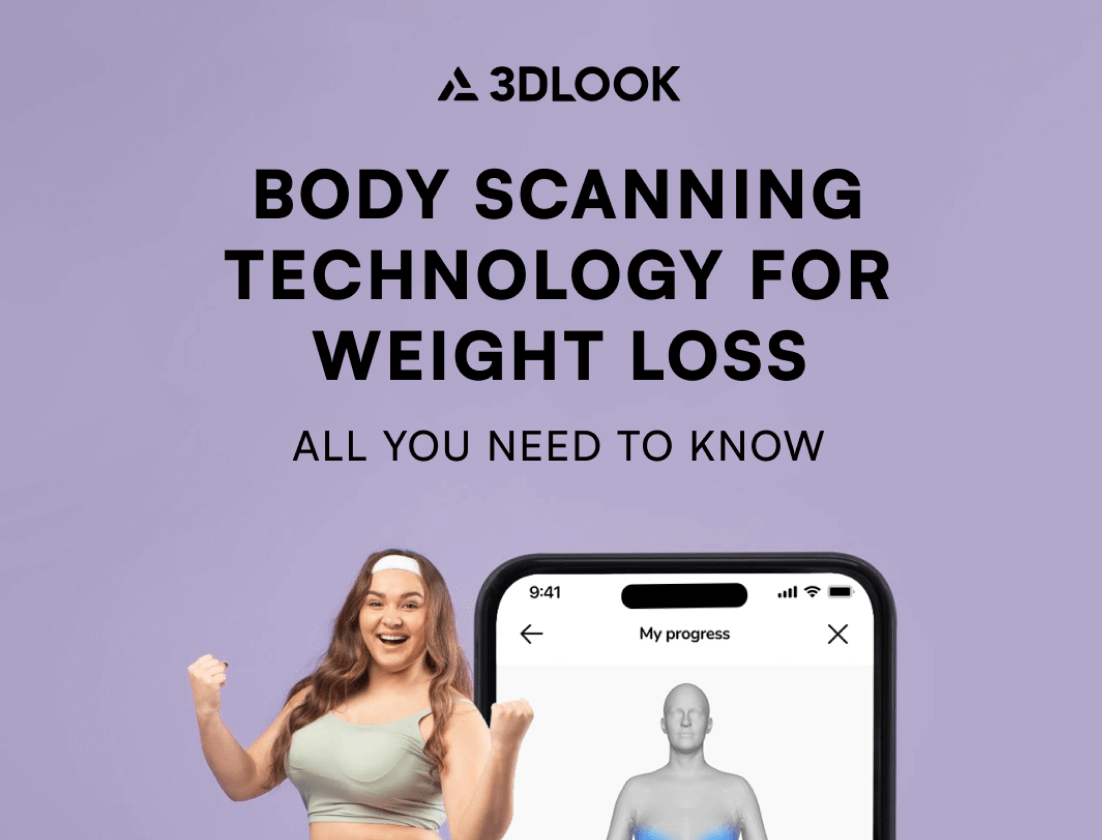
The relentless pursuit of effective weight loss solutions has led to a surge of technological innovations, promising personalized and data-driven approaches. Among the most recent and controversial is the introduction of AI-powered body scanners, designed to offer detailed body composition analysis and tailor weight loss plans. But as these technologies gain traction, questions arise about their accuracy, ethical implications, and potential to further complicate body image issues.
The emergence of AI body scanners represents a significant shift in the weight loss industry, promising a more precise and personalized approach. However, the promise of effortless weight loss solutions fueled by cutting-edge technology must be balanced with realistic expectations and a critical examination of the potential pitfalls. This article will delve into the mechanics of these scanners, explore the available evidence regarding their efficacy, and address the ethical considerations that accompany their increasing adoption.
How AI Body Scanners Work
AI body scanners utilize a variety of technologies, including 3D imaging and bioelectrical impedance analysis (BIA), to capture comprehensive body measurements. The scanners create a detailed 3D model of the body, measuring circumference, volume, and body fat percentage. These data points are then fed into AI algorithms that analyze the information and generate personalized weight loss recommendations.
The AI algorithms are trained on large datasets of body composition data, allowing them to identify patterns and predict individual responses to different weight loss strategies. This level of personalization is a key selling point, as traditional weight loss programs often rely on generalized advice that may not be effective for everyone.
Efficacy and Scientific Evidence
While the promise of personalized weight loss through AI body scanning is appealing, the scientific evidence supporting its superiority over traditional methods is limited. Some studies suggest that 3D body scanning can accurately measure body composition changes, but the real question is whether this accuracy translates into improved weight loss outcomes.
A study published in the Journal of Obesity, for instance, found that individuals who used 3D body scanning to track their progress were more motivated to adhere to their weight loss plans. However, the study did not compare these individuals to a control group using traditional methods, making it difficult to determine whether the 3D scanning itself was the primary driver of success. More rigorous research is needed to determine whether AI body scanning significantly improves weight loss outcomes compared to established methods like diet and exercise.
Potential Benefits
Despite the limited evidence, AI body scanners offer some potential benefits. They can provide individuals with a more detailed understanding of their body composition, which can be motivating. The personalized recommendations generated by the AI algorithms may also be helpful for some individuals who struggle with traditional weight loss programs.
Limitations and Concerns
Accuracy can be a significant concern. While 3D body scanners can be accurate under controlled conditions, the accuracy can be affected by factors such as clothing, posture, and hydration levels. Furthermore, the AI algorithms are only as good as the data they are trained on. If the data is biased or incomplete, the recommendations generated by the algorithms may be inaccurate or inappropriate.
Ethical Considerations
The use of AI body scanners raises several ethical considerations. One concern is the potential for body shaming and negative body image. The detailed body composition analysis provided by these scanners can be triggering for individuals with body image issues, leading to increased anxiety and disordered eating behaviors.
Another concern is the potential for data privacy violations. The data collected by AI body scanners can be highly sensitive, including information about body fat percentage, muscle mass, and other personal characteristics. It is important to ensure that this data is stored securely and used responsibly.
Finally, there is the risk of perpetuating unrealistic beauty standards. By focusing on specific body measurements and ideal body compositions, AI body scanners could reinforce societal pressures to conform to narrow definitions of beauty.
Industry Perspective
Companies developing and marketing AI body scanners emphasize the potential to revolutionize the weight loss industry. They argue that their technology provides individuals with the personalized information and support they need to achieve their weight loss goals. However, some industry experts caution against overhyping the technology and emphasize the importance of responsible marketing practices.
"It's crucial to manage expectations and ensure that consumers understand the limitations of these scanners," says Dr. Emily Carter, a leading expert in body image and technology.
Several companies are currently developing and marketing AI body scanners. These include companies like Styku and Naked Labs, which offer 3D body scanners for home or professional use. These companies often partner with gyms, wellness centers, and healthcare providers to offer their services to a wider audience.
The Future of AI in Weight Loss
AI body scanners are just one example of the growing role of AI in the weight loss industry. In the future, AI is likely to play an even greater role in personalized nutrition, fitness tracking, and behavioral coaching. AI-powered apps can analyze data from wearable devices, such as smartwatches and fitness trackers, to provide personalized recommendations for diet and exercise.
However, it's crucial to approach these technologies with caution and critical thinking. While AI has the potential to improve weight loss outcomes, it is not a magic bullet. The success of any weight loss program ultimately depends on individual effort, commitment, and access to qualified healthcare professionals. Weight management should remain a holistic approach that prioritizes not only the physical, but also the mental well-being of each individual.
